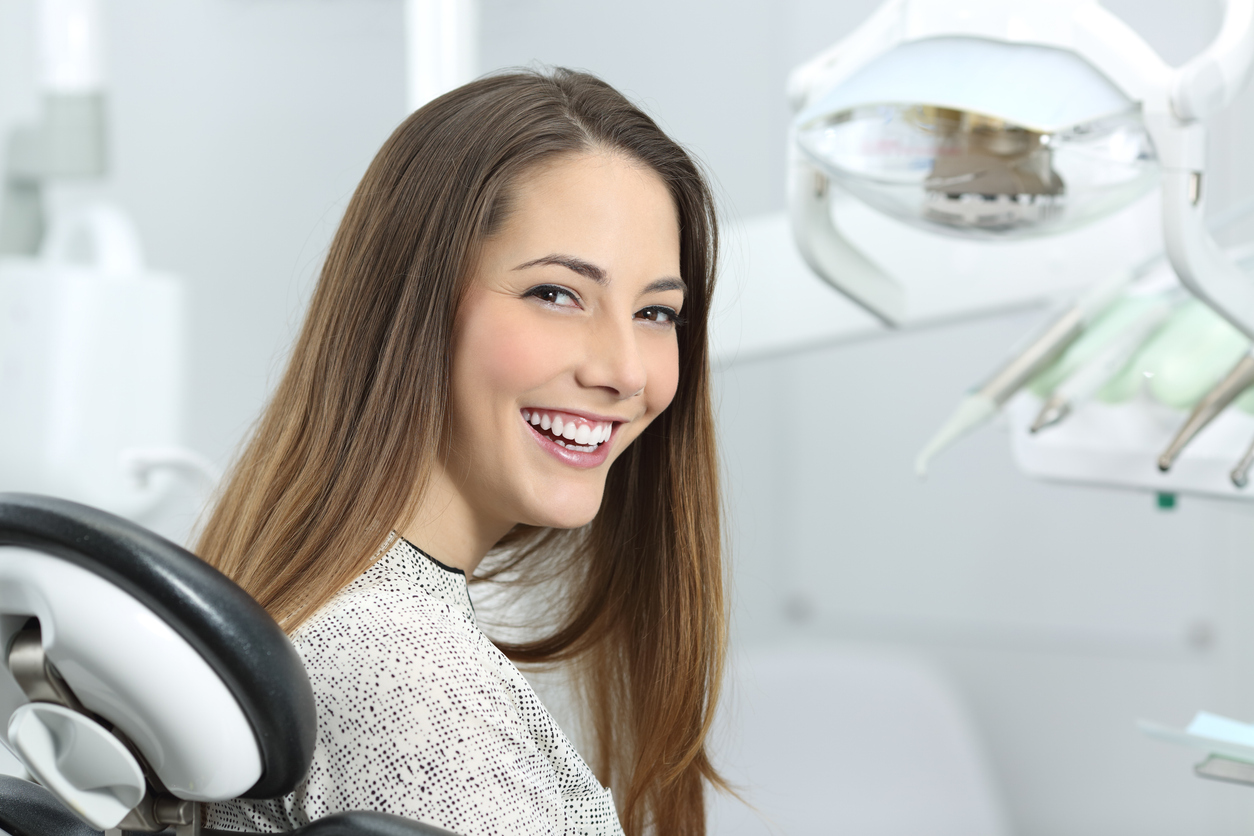As we age, maintaining oral health becomes increasingly vital to our overall well-being. Periodontal care, which focuses on the gums’ health and the teeth’ supporting structures, is particularly important for seniors. This blog post will explore the unique periodontal needs of older adults, the challenges they face, and the importance of regular periodontal care in maintaining their overall health.
The Unique Periodontal Needs of Seniors
As people age, their susceptibility to periodontal disease increases. This is due to several factors, including a weakened immune system, decreased salivary flow, and changes in oral flora. Periodontal disease, which encompasses conditions such as gingivitis and periodontitis, can lead to tooth loss if not properly managed. For seniors, the consequences of periodontal disease are more severe, affecting not just dental health but overall health as well.
Periodontal health is closely linked to systemic health. Numerous studies have shown connections between periodontal disease and conditions such as diabetes, cardiovascular disease, and respiratory illnesses. For seniors, who may already be managing multiple health conditions, maintaining periodontal health can help mitigate the risk of these systemic issues. Regular periodontal care can also help in early detection and management of these conditions, improving overall health outcomes.
Seniors often face challenges in maintaining oral hygiene. Physical limitations, such as arthritis, can make brushing and flossing difficult. Cognitive impairments, like dementia, can lead to neglect of oral care routines. Additionally, many seniors take medications that can cause dry mouth, which increases the risk of periodontal disease, more on this later. These challenges necessitate a tailored approach to periodontal care that addresses these specific needs.
The Importance of Regular Periodontal Care
Tooth loss is a common issue among seniors, and periodontal disease is a leading cause. Regular periodontal care helps prevent tooth loss by managing gum disease and maintaining the health of the supporting structures of the teeth. This preserves the ability to chew and speak properly and has psychological benefits, such as maintaining self-esteem and quality of life.
As mentioned earlier, periodontal health is linked to systemic health. Regular periodontal care can help manage conditions like diabetes and cardiovascular disease by reducing the inflammatory burden on the body. For seniors, this means fewer complications and a better quality of life.
Seniors are at a higher risk for oral cancer, and regular periodontal check-ups can aid in early detection. Periodontists are trained to identify signs of oral cancer, which can lead to early intervention and better outcomes. This underscores the importance of not just regular dental visits but specifically periodontal evaluations for older adults.
Tips for Effective Periodontal Care for Seniors
For seniors, an appropriate oral hygiene routine is important. This includes brushing twice a day with a soft-bristled toothbrush and fluoride toothpaste and flossing daily. For those with physical limitations, electric toothbrushes and floss holders can be helpful. It’s also important to clean dentures thoroughly and properly to prevent infections.
Keep Your Mouth Hydrated
We mentioned earlier that dry mouth is a common issue among seniors, often caused by medications. Using saliva substitutes or moisturizing mouthwashes can help alleviate dry mouth and reduce the risk of periodontal disease. Saliva plays a major role in keeping your mouth clean by reducing the buildup of plaque and bacteria on teeth and gums. Staying hydrated can also help maintain saliva flow. Here are some tips for keeping your mouth hydrated.
- Drink Plenty of Water: Aim to drink at least 8 glasses of water a day to keep your body and mouth hydrated.
- Limit Caffeine and Alcohol: Both can contribute to dry mouth, so it’s best to consume them in moderation.
- Use a Humidifier: Using a humidifier, especially at night, can help keep the air moist and prevent dry mouth.
- Chew Sugar-Free Gum: This can stimulate saliva production and help keep your mouth moist.
- Avoid Tobacco Products: Smoking or chewing tobacco can dry out your mouth and increase the risk of dental health problems.
- Use Saliva Substitutes: Over-the-counter saliva substitutes and moisturizing mouthwashes can help relieve dry mouth symptoms.
- Eat Hydrating Foods: Foods with high water content, such as fruits and vegetables, can contribute to overall hydration.
Regular Periodontal Check-ups
Regular periodontal check-ups are essential for seniors. These visits allow for professional cleaning, which removes plaque and tartar that cannot be eliminated by brushing and flossing alone. Periodontists can also monitor the health of the gums and detect any issues early. It’s recommended that seniors visit their periodontist at least twice a year, or more frequently if they have existing periodontal issues.
Managing Systemic Conditions
Seniors with systemic conditions such as diabetes should work closely with their healthcare providers to manage these conditions, as they can impact periodontal health. Keeping blood sugar levels under control, for instance, can reduce the risk of gum disease. Similarly, managing cardiovascular health can reduce the inflammatory response that exacerbates periodontal issues.
Nutritional Considerations
A balanced diet is crucial for maintaining periodontal health. Seniors should ensure they are getting adequate nutrients, particularly calcium and vitamin D, which are essential for bone health. Foods rich in antioxidants, such as fruits and vegetables, can help reduce inflammation and support overall periodontal health. For those with dietary restrictions, supplements may be necessary, but it’s important to consult with a healthcare provider before starting any new supplements.
It Starts With Your Mouth
Periodontal care for seniors is a critical aspect of maintaining overall health and well-being. By addressing the unique challenges faced by older adults, tailored periodontal care can significantly improve quality of life. Regular periodontal check-ups, an appropriate oral hygiene routine, and a balanced diet are essential components of effective periodontal care for seniors. By prioritizing periodontal care, seniors can enjoy healthier, more fulfilling lives.





